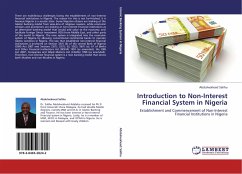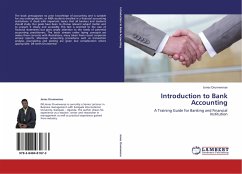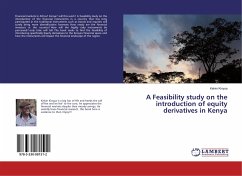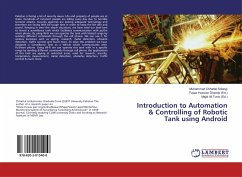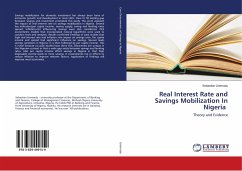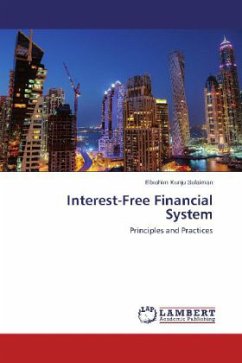There are multifarious challenges facing the establishment of non-interest financial institutions in Nigeria. The reason for this is not far-fetched, it is because Nigeria is a secular state. Some Nigerian citizens are looking at the Islamic banking model from view-lens of religious reasons, while economic scholars and practioners are looking at non-interest financial institutions as an alternative banking model that would add value to the economy, and facilitate Foreign Direct Investment (FDI) from Middle East, and other parts of the world to Nigeria. The new system is integrated into the economic system of Nigeria by allowing conventional commercial banks to operate Islamic windows in Nigeria. The law that established non-interest financial institutions is anchored on Section 33(1) (b) of the central Bank of Nigeria (CBN) Act 2007 and Sections 23(1); 32(1); 52; 55(2); 59(1) (a); 61 of Banks and Other Financial Institutions Act (BOFIA) 1991 (as amended), the CBN Act 2007, Companies and Allied Matters Act (CAMA) 1990 (as amended). Therefore, non-interest financial system is a new banking model that serves both Muslims and non-Muslims in Nigeria.
Bitte wählen Sie Ihr Anliegen aus.
Rechnungen
Retourenschein anfordern
Bestellstatus
Storno

